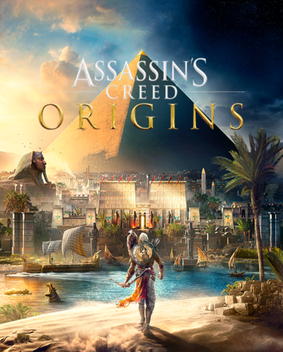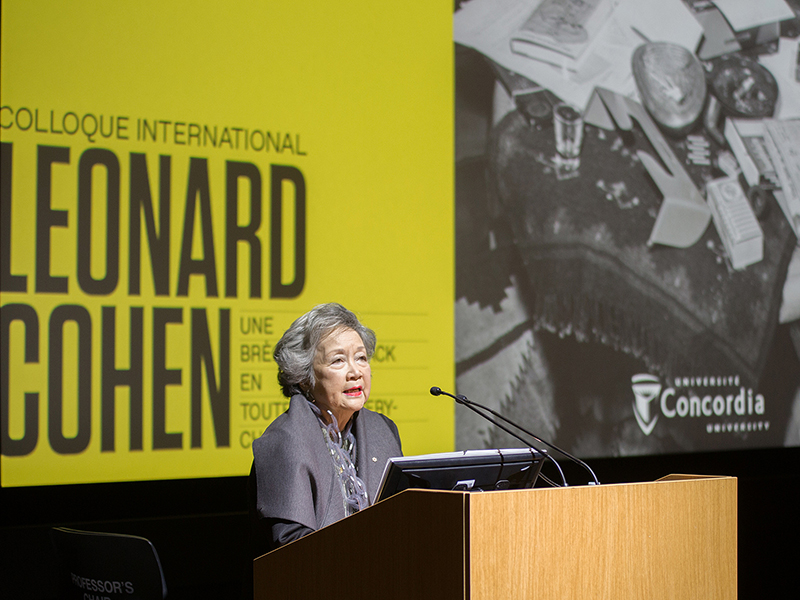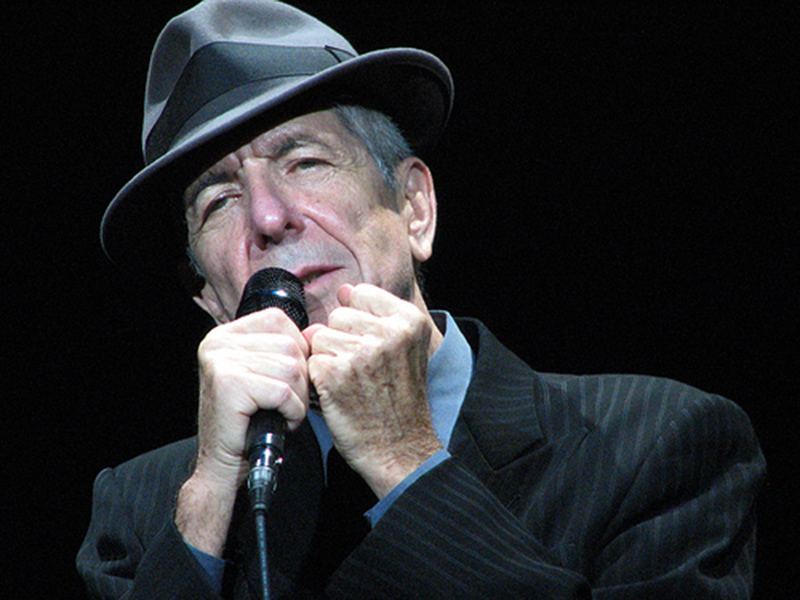Leonard Cohen’s estate gave permission to a violent video game to use You Want it Darker, the haunting title song on his final album, but denied the Montreal Symphony Orchestra’s (MSO) request to perform it.
Los Angeles-based attorney Robert Kory, the sole trustee of the Leonard Cohen Family Trust, said his mandate is to “expand appreciation” of the late artist’s work, while staying true to what he would have wanted. He called it both “a privilege and a burden.”
It means not only navigating the complex legalities of protecting intellectual property, but also making “esthetic” judgments, he said at the Max and Iris Stern International Symposium, which was put on by the Musée d’Art Contemporain de Montréal (MAC).
The public event, which was held at Concordia University on April 6 and 7, brought together cultural historians and museum professionals with an interest in Cohen’s legacy. It was to have concluded the MAC’s five-month exhibition, Leonard Cohen: A Crack in Everything, but the exhibit was extended by three days, due to overwhelming demand.
The huge multimedia exhibition, which opened on the first anniversary of Cohen’s death in November, was expected to record almost 300,000 visits by its last day, the highest attendance for a single show at the MAC, since it opened in 1964.
READ: TEL AVIV STAGES LEONARD COHEN EXHIBIT
Kory said he approved the use of You Want it Darker in the next instalment of the Assassin’s Creed franchise, despite the action video game and film series’ violence, because it will bring Cohen’s music to a new audience. This is the song on which the Congregation Shaar Hashomayim choir and Cantor Gideon Zelermyer sing backup vocals, lending an authentic sound to its Jewish liturgical inspiration.
Kory, who was Cohen’s manager from 2008 and sole trustee since 2016, explained that the producers of Assassin’s Creed, the French company Ubisoft, kept the song as it was. The game’s storyline of a battle against evil reflects Cohen’s general worldview and Kory believes he would appreciate this “honest representation of his work.”
He expects that the video featuring the song, which is part of the game, will get “tens of millions of viewers, young men aged 18 to 25, (even) in Bulgaria, who will say, ‘this is a cool dude, a badass guy,’ ” and maybe listen to another song on the album.
Ubisoft also was very “gracious, meeting the highest possible standards” and consulting with the trust “every step of the way,” he said.
Kory rejected a request from the MSO to perform the song at a concert in celebration of Montreal’s 375th anniversary last year because it wanted to do it in “a lighter arrangement.”

Kory also did not like the MSO’s non-collaborative approach. “In contrast (to Ubisoft), the MSO just wanted to ‘do it our way, because we are the MSO,’ ” he said.
Kory became Cohen’s lawyer in 2004, after Cohen was left in financial ruin, due to his previous manager’s wrongdoing.
Kory oversaw Cohen’s late-life “renaissance,” which included a 387-concert world tour and six albums between 2008 and 2016, which brought Cohen international accolades and financial returns “beyond our wildest dreams.”
It also resulted in an unprecedented demand for the use of Cohen’s work, name and image, which has continued since his death, said Kory, who has only praise for the MAC exhibition, despite the complications of licensing the 40 contributing artists from 10 countries. Work on it began about two years before his death.
The idea for the exhibition had Cohen’s approval, mainly because he felt it would help other artists, Kory said.
Kory is satisfied that he has been able “to bend the commercial world to (Cohen), rather than allow the commercial world to bend him to it.”
Cohen was “generous to a fault,” Kory said, which often led to him being taken advantage of economically and personally.
“When I began, it was a complete mess,” said Kory, who instituted “aggressive protection” of Cohen’s intellectual property and personal availability. After that, there were absolutely no backstage visits after concerts, not even for a former Canadian vicegerent.
The growing scholarly interest in Cohen represents another way of perpetuating his legacy, Kory thinks.
The massive archives he left behind offer enough material for “hundreds and hundreds of PhDs,” he said. “My intention is to make it available.”

Former governor general Adrienne Clarkson offered a poignant reminiscence of Cohen in the symposium’s opening address.
Clarkson’s half-century friendship with Cohen began in 1966, when he was a guest on her live CBC show, Take 30. Cohen was then known as a poet and was just launching his singing career.
She was smitten with his perfectly groomed, poised appearance. “He was the magus, the priest, it was magical,” she said.
She attended every concert of his that she could, wherever in the world, and remained enthralled to the end.
Clarkson recalled the time Cohen invited her to Moishe’s, the St-Laurent Boulevard steakhouse he regularly patronized with his family.
Afterward, Cohen asked her if she would like to see where his family is buried, and off they went to the Shaar Hashomayim cemetery on Mount Royal.
He told her he was a member of the priestly Kohanim, a descendant of Aaron. “His lineage was important to him,” she said. “I think of him now lying there, still under the snow, near the fence.”
